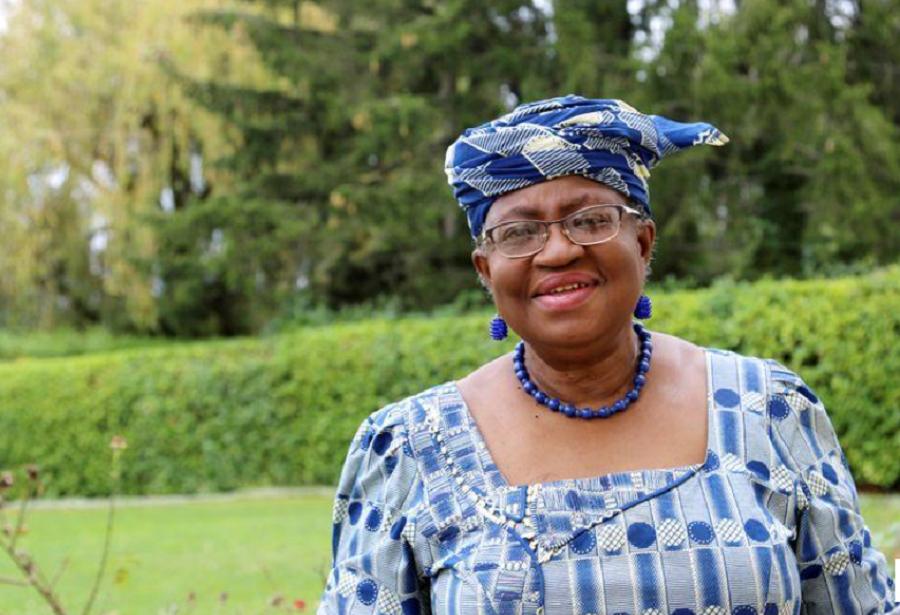
As most of the world waited with bated breath for history to be made, the World Trade Organisation (WTO) on Monday this week, announced Dr. Ngozi Okonjo-Iweala as the new Director-General of the WTO, to resume office on March 1 this year.
The announcement makes Okonjo-Iweala the first woman and first African Director-General of the WTO. Knowing how energy has been treated under the WTO since its inception, it is important to interrogate what this appointment means for the international energy markets.
The coming of the new decade has revealed that more than ever, energy is a key part of trade and the green recovery from the effects of COVID-19. Also, with climate change increasingly becoming a front-burner issue, the conversation on energy transition has taken centre stage. This is why one way or another, energy is easily at the top of the agenda of the new DG, more so, as the continent, she identifies with is disproportionately affected by energy poverty.
Prior to this time, energy has not been integrated into the WTO/Global Agreement on Tariffs and Trade (GATT) for various reasons, including that oil, which was the 20th century’s key energy source, was highly politicised, particularly by oil-producing countries in the MENA region, who had managed to wrest control of the oil markets from the United States in the late 20th century.
Also, most of the oil-producing countries were not parties to the WTO/GATT at the time and only began to accede more recently. For those who were parties, they relied on the “national security” provision of the GATT to escape the tariff and trade rules. The failure to contemplate energy in the WTO led to this chasm we have today.
This is why a lot of hope is reposed in the new DG for energy trade. While the role of the DG is mostly administrative and the WTO decision making is consent-based, Okonjo-Iweala has shown that she has significant sway and both political and diplomatic clout. Part of what we expect to see with her emergence is the emergence of a fresh set of talks like the Doha talks, with focus on integrating energy into the broader WTO framework.
Though there exists an Energy Charter Treaty amongst some 57 countries, most of which are in the EU, Okonjo-Iweala favours multilateral, rather than plurilateral or bi-lateral arrangements and it is expected she will work to reflect the Energy Charter Treaty provisions in a new WTO energy trading framework and push environmental reforms in the WTO’s rules to drive green recovery.
Okonjo-Iweala is noted for her strong support for climate-friendly policies. In her words, she wants to reach “optimal complementarity between trade and the environment”. It is expected that she will be favourable to the EU’s proposed carbon tax- also strengthened by the fact that the EU was a strong supporter of her candidacy. It is certain that she will attempt to broker a ceasefire between the US and China. Should both parties wave their white flags, their 2014 climate parley would resurrect. That will put the EU, US and China behind the DG on her climate-friendly energy plans.
Something the DG is likely to see through is the phasing out of fossil fuel subsidies and double pricing, particularly because that was part of her achievement during her tenure as Minister of Finance in Nigeria. A 2019 WTO Report revealed that globally, countries are subsidising fossil fuel production and consumption to the tune of over US$500 billion annually. The removal of these subsidies will ensure more developmental use of the funds and help fund the clean energy transition in these countries.
The DG has also come at a time when the African Continental Free Trade Area (AfCFTA) Agreement has just kicked off. As the AfCFTA feeds into the ideals of the WTO, the DG will see to it that supply-side constraints to free energy markets are addressed. These include tackling the infrastructure and technology challenges and ensuring there is sufficient industrialisation locally to drive production, thus reducing exportation of mere raw materials.
We would see an increased implementation of the existing WTO Aid for Trade Initiative which would give developing countries the skills, supply capacity and trade-related infrastructure they need to benefit from WTO agreements. There would also be increased trade financed energy deals brokered between Development Finance Institutions (DFIs) and developing economies.
In all, the coming of Okonjo-Iweala looks good for the African continent, for Nigeria, and the rest of the world. That being said, should Nigeria fail to quickly adapt to the changing times by standardising its regulatory and institutional framework and taking advantage of WTO benefits and support mechanisms, it would be worse off from the reforms the DG intends to bring to the WTO, rather than better.

interesting